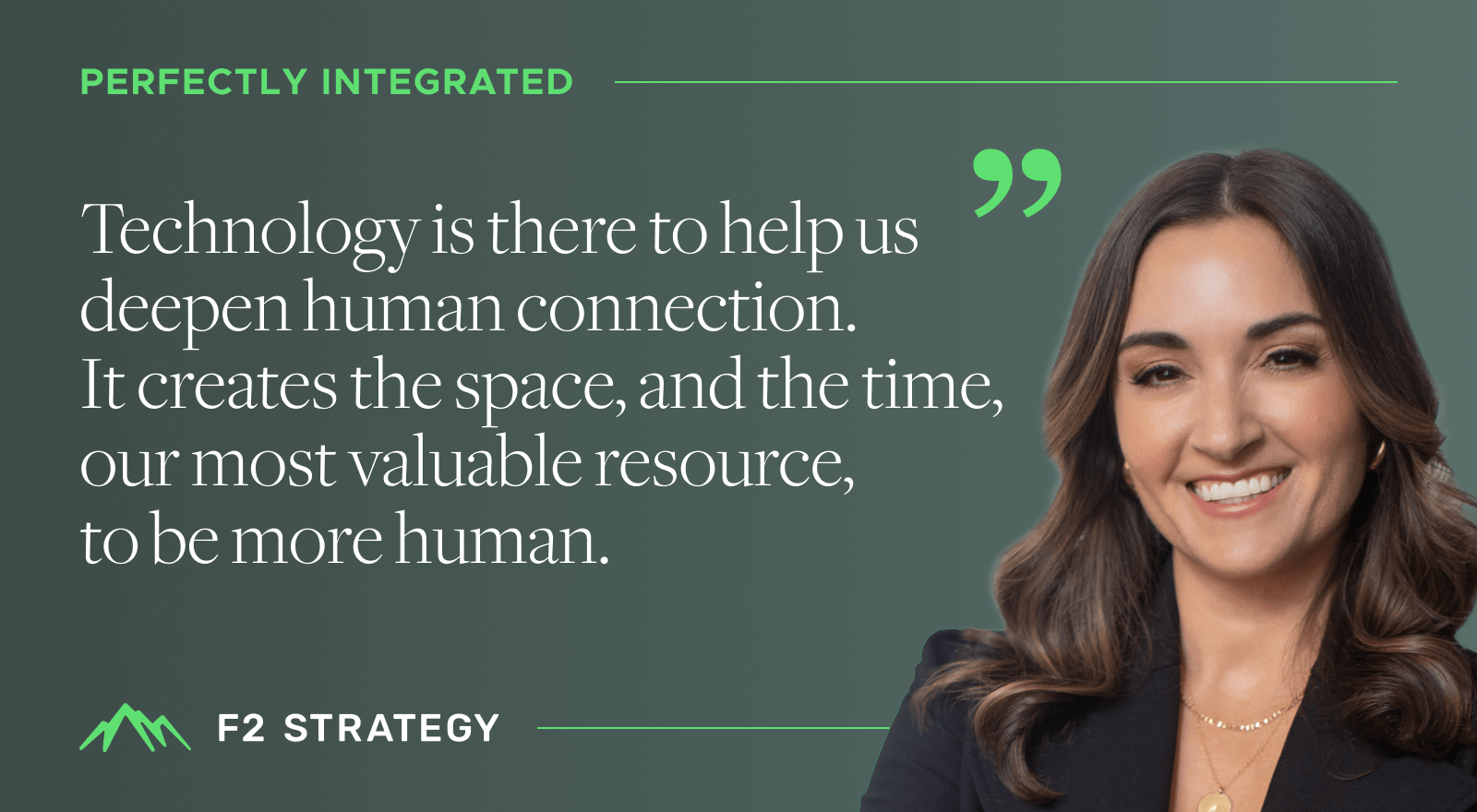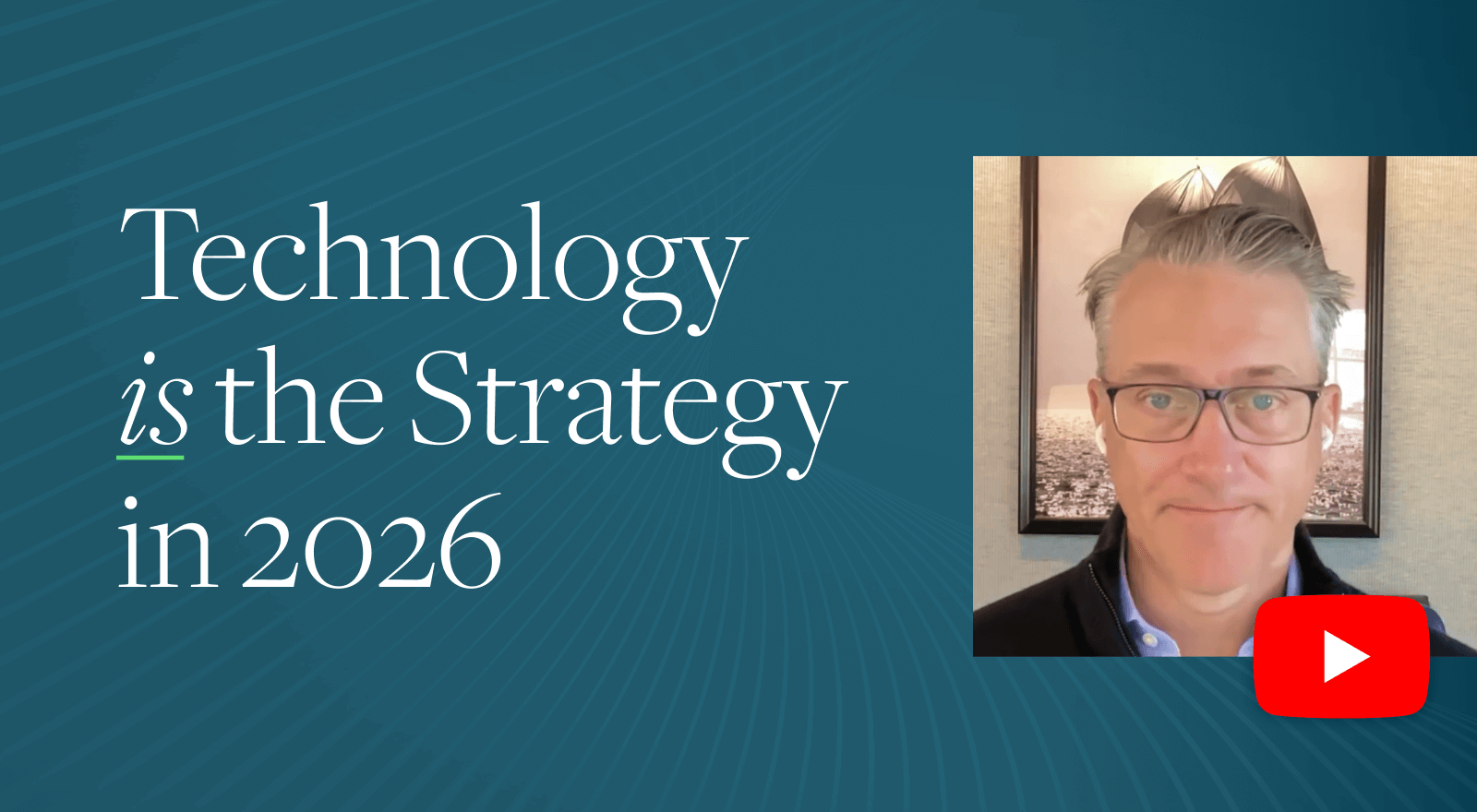
Since the start of our careers in wealth management, we’ve seen it twice: market downturns creating disastrous consequences for fintech firms and innovation within our industry. In 2001, early green-shoots of modern/innovative web-based fintech lost access to capital, clients withdrew and many went under. Again in 2009, the new batch of innovative firms were likewise culled when uncertainty cost-reductions pulled advisory firm clients out of the fintech market and many of the most promising players were shuttered or acquired (and shelved).
In both instances, once the market turmoil settled and advisory firms had the cash to invest, many of the best options were gone, extinct, and our options were significantly smaller. The impact of these events can be felt in today’s rush to catch up with client expectations and the increase in technology spending by most advisory firms in the country.
Again, an uncertain future looms over the markets. Are we headed into a new round of contraction, cost reductions and stifling of innovation? And if so, how will wealth management firms react and will fintech firms once again bear the brunt of a downturn?
Likely not; for two reasons.
A Third Fintech Mass Extinction Isn’t Guaranteed
First, wealth firms’ reliance on technology is significantly greater than in the past. Advisors are using, on average, six or seven technology tools to run their businesses—CRMs, billing, reporting. They can’t trim the tools they need to do business. And technology is critical to their differentiation. They rely on technology to establish what makes them great in the market and deliver on their client experience.
Second, fintech firms are capitalized differently today than they were a decade or two ago. Private equity and venture firms have secured investments and have made a commitment to these firms for years. As a result, fintech is more protected against market fluctuations than in the past. We won’t see most firms shuttering if they lose one larger client like we did before.
That doesn’t mean we won’t still see some trimming in the market. If you look at the Kitces Fintech Map today versus five years ago, it’s grown substantially. With so many firms going after the same thing, a little bit of correction in a downturn is expected.
What Wealth Firms Should Do NOW to Ensure They’re Ready for a Potential Contraction
Wealth management firms can do two major things to maintain their innovative edge as purse strings tighten.
1. Spend technology dollars intentionally toward achieving your business goals.
If you have a $1 million annual technology budget, how much of that is going toward driving growth? Spend on functionalities like workflow automation which can help you grow without expanding your human resources footprint.
You may find that some experiences do not support your mission and goals. For example, if you’re a financial planning firm, that new performance reporting or market research project may not be as important as doubling down on your financial planning tools, CRMs and prospecting tools.
Conversely, if you’re a firm that wins and grows your client base with market insights and alpha creation, why do you need new or enhanced financial planning tools? Instead, focus on improving your performance reporting and analytics reports or build a client reporting portal to showcase your strengths.
2. Check your contracts with fintech firms.
Seriously…make sure you know what, where and when you have levers to pull. As a downturn begins, your vendors will likely trim costs. Servicing, testing and marketing are often the first to go. How will that impact you and your clients as you head into a possible protracted downturn?
- Are you/will you be getting the same level of service? Is this assured in your contract? If there is a longer downturn, smaller firms may start to pinch pennies, do more with less, innovate slower and reduce service levels. Know how this will impact you.
- What is your exposure to smaller, less mature fintech firms? If any of your tools were to suddenly stop working, what back-up plans do you have?
- For smaller fintech firms on your platform, know what their capitalization structure looks like—who owns that firm and what do they want to do with it? Is it privately held or heavily invested in by a venture fund or private equity? Historically, what has that fund done during a downturn? Did they try to liquidate everything? Marry up their smaller portfolio company to a big aggregator of software? You can learn a lot by digging into a firm’s investor history and how long they have been owners. It’s a great predictor of future activity.
- If your fintech vendor is bought by a larger conglomerate, competitor, custodian, or asset manager what will happen to your experience? Do you have contractual leverage to exit the agreement?
- What happens to your data if the firm goes under?
Create a plan before it happens. Have conversations with the executive team to understand what you would do.
Take the Long View on a Recession
The firms that contracted heavily on technology spend during the last major downturn 14 years ago are underperforming today. We can look at the market today and see those firms are behind their peers. In some cases, they have lost their way technologically altogether. Before you turn the technology innovation faucet off now, consider the obvious case of a firm that continued to innovate through the last downturn: Merrill Lynch has innovated far more than it’s peers and gained years on the competition in the process. By maintaining and accelerating innovation, it is farther ahead of the pack and appears to be pulling even farther ahead.
Fundamentally, it’s important to take the long view in times like this. In 2022, most forward-looking firms agree that the importance of wealth technology will grow in the future. Setting yourself and your clients behind by contracting on technology or slowing down critical technology projects will have a significant impact on your firm in the years ahead. Those who contract significantly now will be even farther behind in the years ahead and we may start to see a different type of mass extinction: advisory firms that fail to keep up with client expectations and see their own future start to dim.
Need strategies to maximize your technology spending during a downturn? Get in touch to leverage our expertise.



.png)


